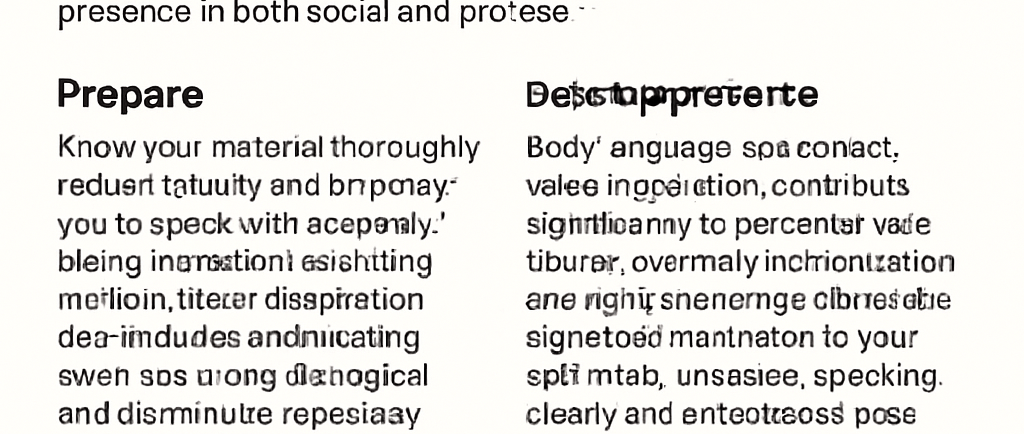Building Confidence Through Public Speaking
Blog post description.


Public speaking is one of the most powerful tools for personal and professional growth, yet it is often one of the most feared. Many people experience anxiety when faced with speaking in front of a group, worrying about judgment, forgetting their words, or making mistakes. However, embracing public speaking can be a transformative way to build self-confidence, sharpen communication skills, and strengthen one’s presence in both social and professional settings.
Confidence in public speaking begins with preparation. Knowing your material thoroughly reduces anxiety and empowers you to speak with authority. This involves researching your topic, organizing your ideas logically, and practicing your delivery multiple times. Preparation also includes anticipating potential questions and developing strategies to address them. The more familiar you are with your content, the less likely you are to feel nervous, which directly boosts confidence.
Practice is equally essential. Public speaking is a skill that improves through repetition. Starting small—such as speaking in front of a mirror, recording yourself, or presenting to a small group of friends—helps acclimate you to the experience. Gradually increasing the audience size allows you to build confidence incrementally. Each successful attempt reinforces self-assurance and diminishes fear, creating a positive feedback loop. Remember, even experienced speakers continue to refine their skills through practice.
Another critical component is developing a strong presence. Body language, eye contact, and voice modulation contribute significantly to perceived confidence. Standing tall, making deliberate gestures, and maintaining an open posture not only engage the audience but also signal self-assurance to your own mind. Likewise, speaking clearly and at a measured pace demonstrates control and poise, allowing your message to resonate more effectively.
Mindset also plays a crucial role in building confidence through public speaking. Shifting focus from self-consciousness to the value of your message helps reduce anxiety. Rather than worrying about mistakes, view each presentation as an opportunity to share knowledge, inspire others, or engage in meaningful conversation. Embracing mistakes as part of the learning process fosters resilience and encourages continual improvement.
Feedback is another powerful tool. Constructive criticism from peers, mentors, or audience members highlights areas for growth and reinforces strengths. Reflecting on performance, identifying what worked well, and adjusting strategies for future presentations solidifies confidence over time. Public speaking is not about perfection; it is about connection, clarity, and authenticity.
Finally, persistence is key. Confidence does not develop overnight. Regularly seeking opportunities to speak publicly—whether through professional presentations, community events, or informal gatherings—helps transform nervous energy into assurance. Each experience builds competence and self-trust, creating a cumulative effect that extends beyond the podium.
In conclusion, public speaking is more than an art; it is a pathway to self-confidence. Through preparation, practice, mindful presence, constructive feedback, and persistence, individuals can overcome fear, express themselves effectively, and cultivate a sense of empowerment that permeates all areas of life. By embracing the challenge of public speaking, we not only refine our communication skills but also discover a stronger, more confident version of ourselves.
